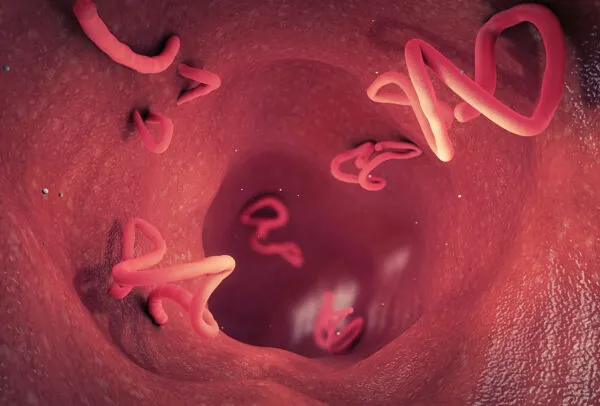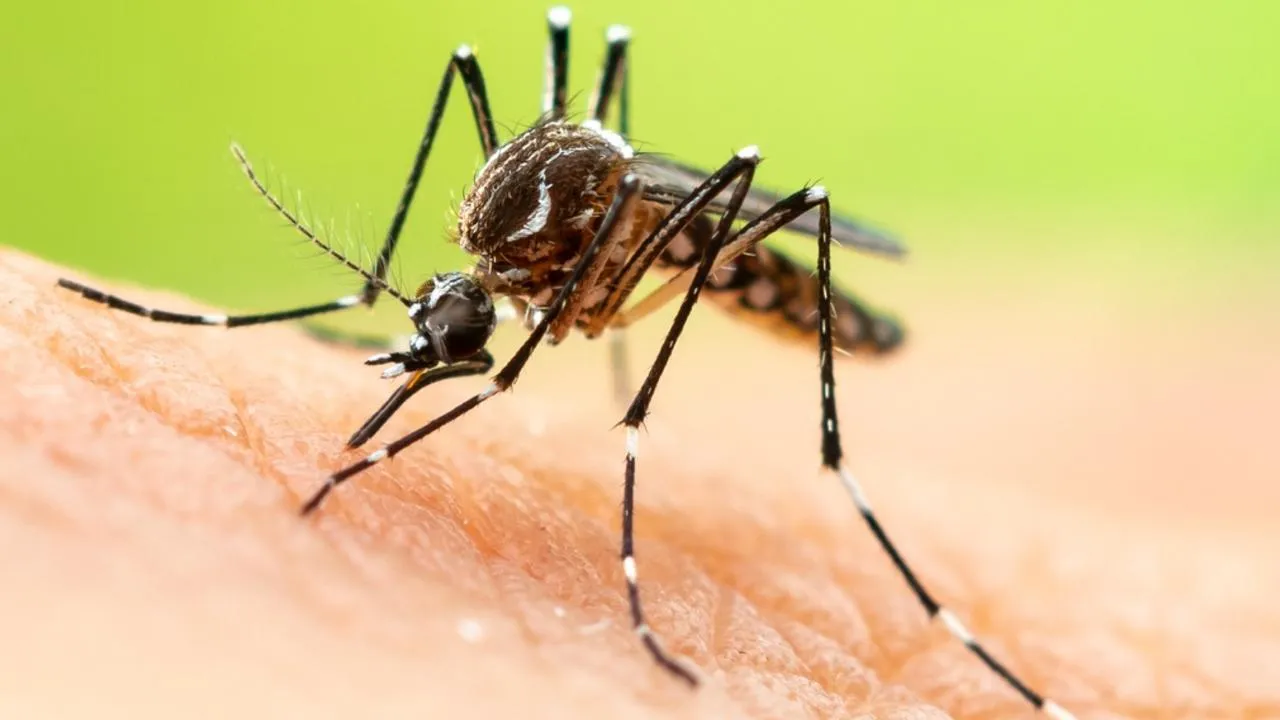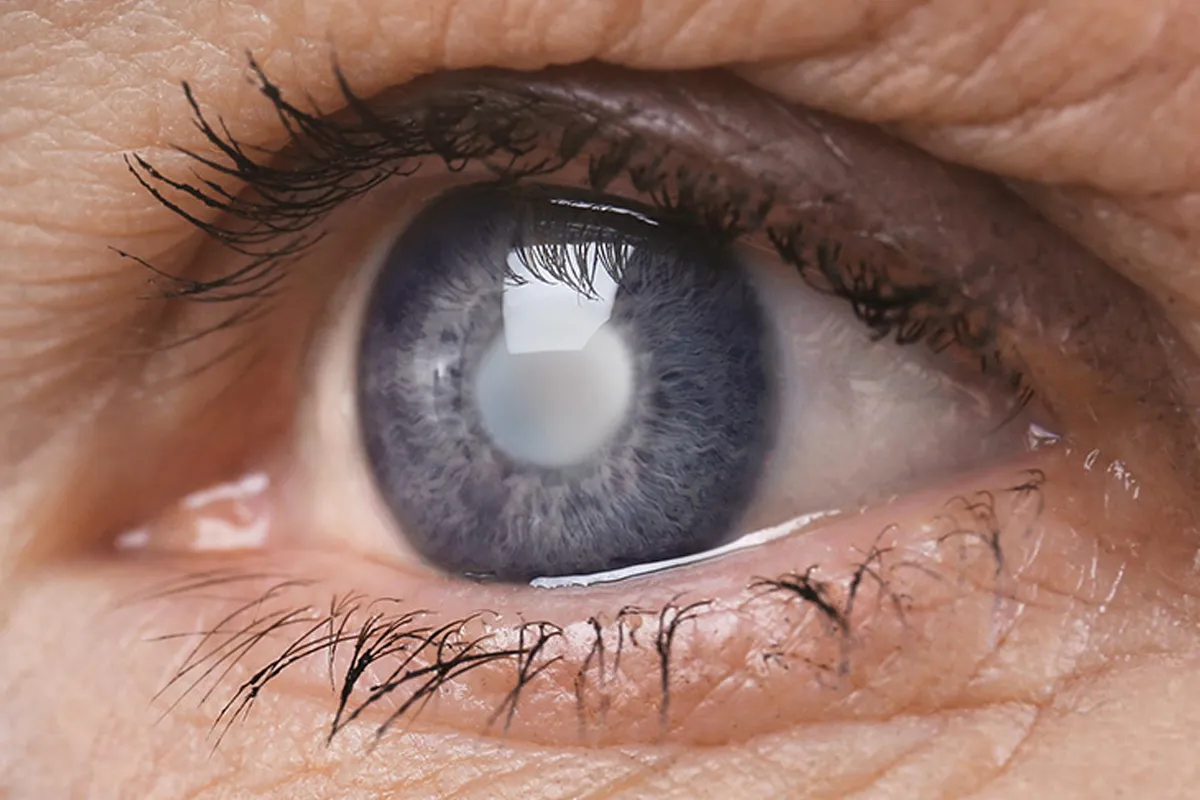Men are from Mars; women are from Venus. This statement is relevant when it comes to the physiological issues the two genders face. Biological, social, and behavioural factors have resulted in differences in the most common causes of health issues both men and women face. Men die younger than women, and they are more burdened by illness during their life.
They fall ill at a younger age and have more lasting illnesses than women. Heart disease, stroke, diabetes, cancer, and depression are the major killers of men. However, men also face unique male-specific issues like prostate cancer and benign prostate enlargement.
HEART DISEASE
Heart disease comes in many forms. All of its manifestations can lead to serious, fatal complications if undetected. One in three adult men has some form of cardiovascular disease.
High blood pressure and stroke are also common in men under the age of 45. Lifestyle modulation and routine medical checks can help keep heart-related risks in check as the doctor can calculate the risk for cardiovascular disease based on several risk factors, including your cholesterol, blood pressure, and smoking habits.
CANCER
Cancer follows heart disease as the second-leading cause of death among men. Cancer of the skin, prostate, colorectal, and lungs are some of the most common cancers diagnosed in men. A combination of a healthy lifestyle and regular screenings ensures the disease stays at a distance. Applying sunscreen regularly, avoiding alcohol and tobacco, and cutting down on the consumption of red meat help in reducing the risk of cancer.
DIABETES
Diabetes generally seeps in without any indications. It goes on to increase blood sugar levels and eventually spills into the urine. Higher rates of urination and increased thirst are the first visible signs of diabetes. High glucose acts like a slow poison on blood vessels and nerves everywhere in the body. Heart attacks, strokes, blindness, kidney failure, and amputations are the outcomes for many men. When left untreated, diabetes causes damage to the nerves and kidneys, increases the risk of heart disease and stroke, and causes visual impairment and blindness. Also, men suffering from diabetes face a risk of lower testosterone levels and sexual impotence, which in turn can give rise to increased depression or anxiety.
MENTAL HEALTH AND DEPRESSION
Depression can go undiagnosed in men because the symptoms don’t always align with what they might expect. Men sometimes experience depression as anger or irritability rather than sadness. They’re also more likely to sweep these feelings under the rug. It is often believed that depression affects women far more than men. In reality, it can be men’s tendency to hide depressed feelings or showcase them differently than women. When it comes to mental health concerns like anxiety and depression, men are reluctant to seek care, which increases the risk of suicidal behaviour significantly. Given the stigma associated with mental health concerns, particularly among men, it’s critical to dispel misconceptions and make therapy more available to those who require it.
ERECTILE DYSFUNCTION
The most common cause of erectile dysfunction is atherosclerosis, which is the same condition that causes strokes and heart attacks. Having an ED typically indicates that blood arteries throughout the body are not in good working order. Erectile dysfunction is considered an early risk symptom of cardiovascular disease by doctors. Although erectile dysfunction is not a life-threatening condition, it does indicate a serious health issue. Erectile dysfunction affects two-thirds of men over the age of 70 and up to 39% of men under the age of 40. Men with ED have lower levels of happiness and are more likely to be depressed. The bad news is that the average man pays less attention to his health than the average woman. The good news is that men can achieve good health by taking control of their lifestyle. From eating better to quitting bad habits like smoking and not attending regular check-ups, here are several steps you can take to avoid common men’s health problems at any age. No matter what health issues you might face, you can take command of your well-being by taking preventive.
The author is Lead Consultant- Urology, Aster RV Hospital























